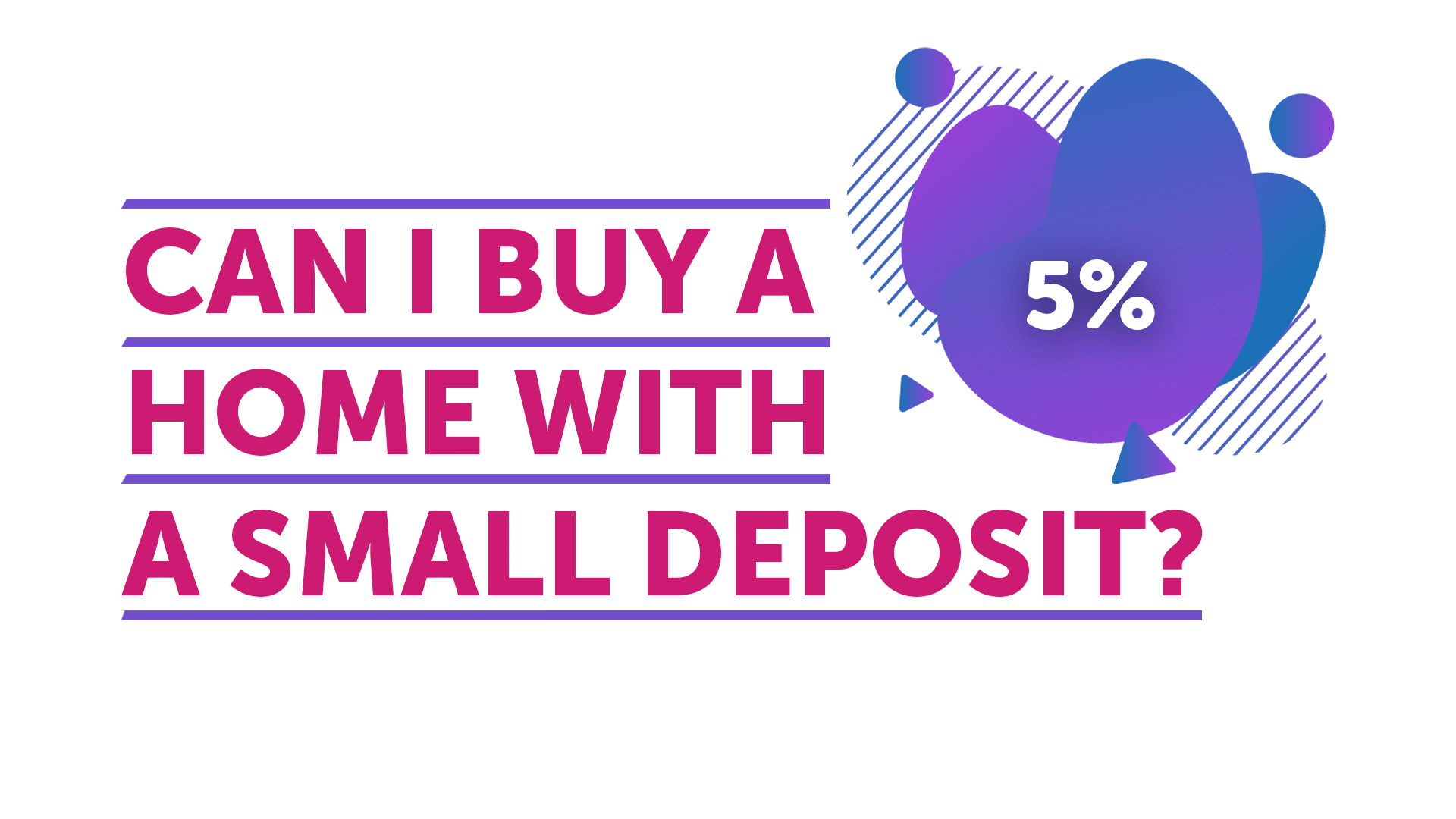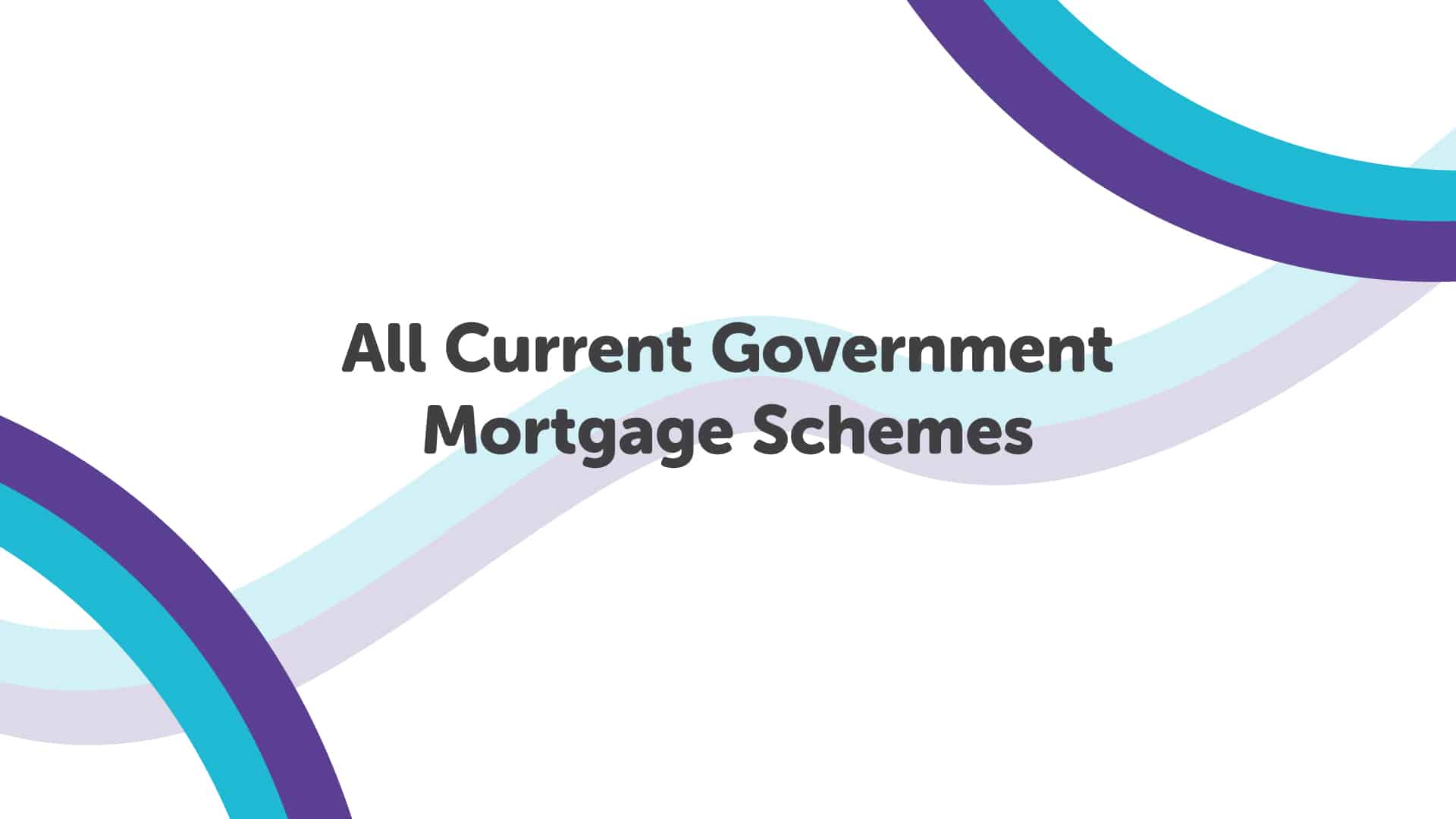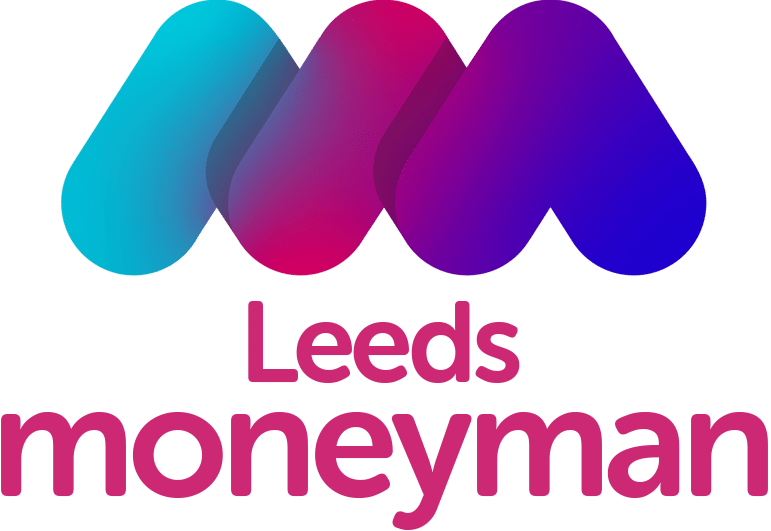When lenders ask for your bank statements, you can expect them to look for various things. Remember, their goal is to assess whether you are the sort of person who has the suitable funds to keep up to date with their mortgage payments. In recent months, we receive a handful of enquiries asked by applicants regarding if gambling transactions look bad on their bank statements.
Mortgage Questions to Consider
What has it got to do with the lender whether I gamble or not?
Whether you have an odd bet on the World Cup or regularly use internet betting sites, there is nothing illegal about licensed gambling. The adverts do urge customers to gamble responsibly, and the same principles are the same when applying for a mortgage.
Whilst it is not a lender’s job to tell you how to live your life, how to spend your money or indeed to moralise on the ethical rights and wrongs of gambling, they do have a duty (underscored by mortgage regulation) to lend responsibly.
Suppose lenders need to prove to the regulators that they are making prudent lending decisions. In that case, it isn’t entirely unreasonable of them, therefore, to expect the people to whom they lend to adopt a similar approach when it comes to their finances.
Think about it. If you were lending your own money to a ‘friend’, would you lend it to someone who frequently gambles or the one who doesn’t?
Is it still possible to get a mortgage if I’ve got gambling transactions on my recent bank statements?
Again, it is not illegal to gamble; having the odd gambling transaction on your bank statements doesn’t automatically mean your application will get declined for a mortgage.
The lender will consider whether these transactions are reasonable and responsible. They will mainly look at the frequency of these transactions, the size of the transactions about the person’s income and the impact upon the account balance.
If these transactions are infrequent small amounts that make no significant impact on a regular credit bank balance, then they are not likely to be regarded as necessary. However, if you bet most weeks or constantly overdrawn, the lender is expected to see that as irresponsible and decline your application.
What else do lenders want to see on my bank statements?
As we’ve seen, lenders are looking at your bank statements to show how you manage your money and to help them establish whether this gives them either the confidence that you are financially reasonable or the evidence that you are not.
Remember, lenders, are financial institutions that, either directly or as part of a wider group, often sell current accounts, overdraft facilities, credit cards and personal loans, so understand that these things can all play a role in financial planning.
Nothing wrong with having an overdraft and occasionally using it. That’s what it’s there for; however, regularly maxing the overdraft limit each month is not good. Therefore, lenders will look for excess overdraft fees or returned direct debits because these would generally show that the account is not getting handled well.
Other things to look out for include credit transactions from payday loan companies; “undisclosed” loan repayments (i.e. if you said on the application that you have no other loans but there appear to be regular loan payments, this could be a problem);
They would look out for any missed payments; they might also consider how much of a typical month gets spent overdrawn – i.e. if you only go into credit on payday and the rest of the monthly earnings get stretched, how sustainable is this mortgage?
What can I do to improve things?
The simple answer is – be sensible and, if possible, plan. Typically, a bank would ask for up to three months of your most recent bank statements. These will show your salary credits and all your regular bill payments.
Therefore, if you know you’re likely to want to apply for a mortgage in the not-too-distant future, try to make sure that you avoid any of the above pitfalls. Take a break from gambling for a short while and work on presenting your bank account in the best possible light.
Your mortgage broker in Leeds can help you as some lenders may ask for fewer bank statements than others, or indeed, some may not even ask for them at all.
However, even these lenders would reserve the right to request bank statements in certain circumstances, so your best bet (no pun intended) is to be as prudent as possible in the run-up to any mortgage application. Remember, if you do gamble, please gamble responsibly!
Get in Touch With a Mortgage Broker in Leeds
If you are a first time buyer in Leeds who doesn’t know a lot about mortgages, you should get some specialist advice from a mortgage advisor in Leeds. They will guide you through the whole mortgage process and help you with your application and get you on track so that lenders will be impressed.
Date Last Edited: April 15, 2024















